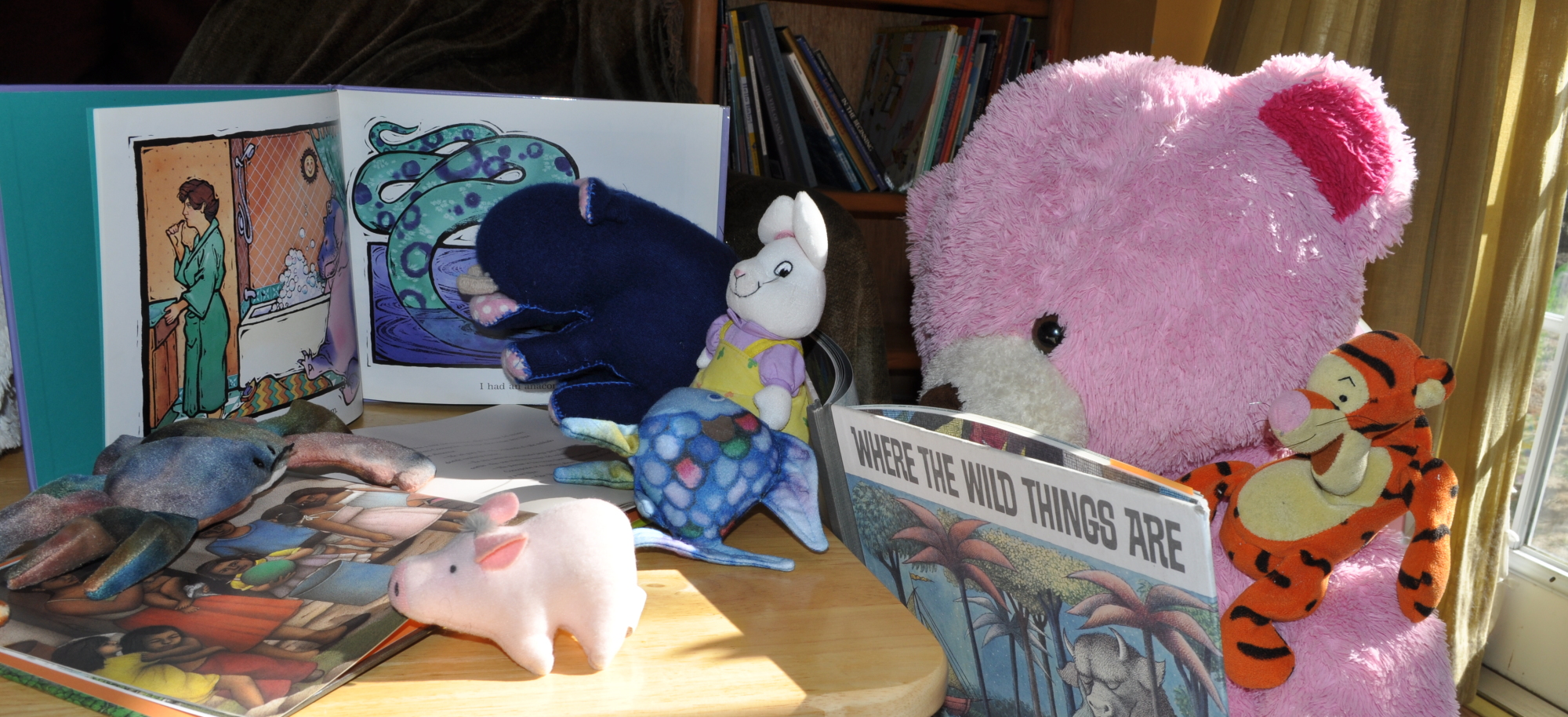If the only images of brown people you saw in the books you read as a child were of the Gingerbread Man (a character always on the run and destined to be eaten), how would that affect your self-image, sense of identity, and understanding of the world? Six luminaries in the field of publishing for children reflect on how the availability of diverse books affected them as children and what changes they recommend in the field.
“All hands on deck! Teachers. Parents. Editors, Writers. Reviewers. Distributors. Bookstores. Literacy organizations. Youth organizations. All hands on deck!” – Wade Hudson
We Need Diverse Books NOW!
I’ll be spending the next few weeks reading and rereading this important round table discussion about diversifying children’s literature, hosted by the PEN Equity Project. Here are some thoughts from the participants to get you started. Link to full article here.
“I didn’t need to read a book to understand that I should be worried about my position in America. But I did need books to neutralize the feeling.” –Fatima Shaik
“I acquired what I now think of as the cheerful privilege of the white reader—the belief that all books existed purely for my enjoyment, with the easy pleasure of reading and judging them based on emotional reaction rather than representation.” – Cheryl Klein
“I remember how angry I was…when I was first exposed to Black writers such as Richard Wright, Gwendolyn Brooks, Ralph Ellison, and Langston Hughes. I should have known about these important cultural carriers and witnesses [before college].” – Wade Hudson
“That journey of loss and recovery—a kind of reclamation which was both emotional and political—is something I carry with me every day I sit down to write and as I move through the publishing world. It informs my outspokenness, my determination to bring radical change to an industry that remains entrenched in a very particular white cultural mindset toward the creation of literature.” – Daniel José Older
“As our nation continues to become even more diverse and the world becomes even more interconnected, what we write just might help children embrace this diversity so that as they become older, they can become informed, responsible, and active citizens in our democracy, and participants in the larger world in which we live.” – Robie Harris
“There’s something that’s so magical and important about seeing yourself in a more specific way, whether it be race, or religion, or sexual orientation, or geography, or socioeconomic background, or disability, especially when you don’t often/ever see yourself represented anywhere else.” – Alvina Ling
“My question to you and to all those reading this discussion: What does it mean to be courageous in this time of change?” – Daniel José Older






